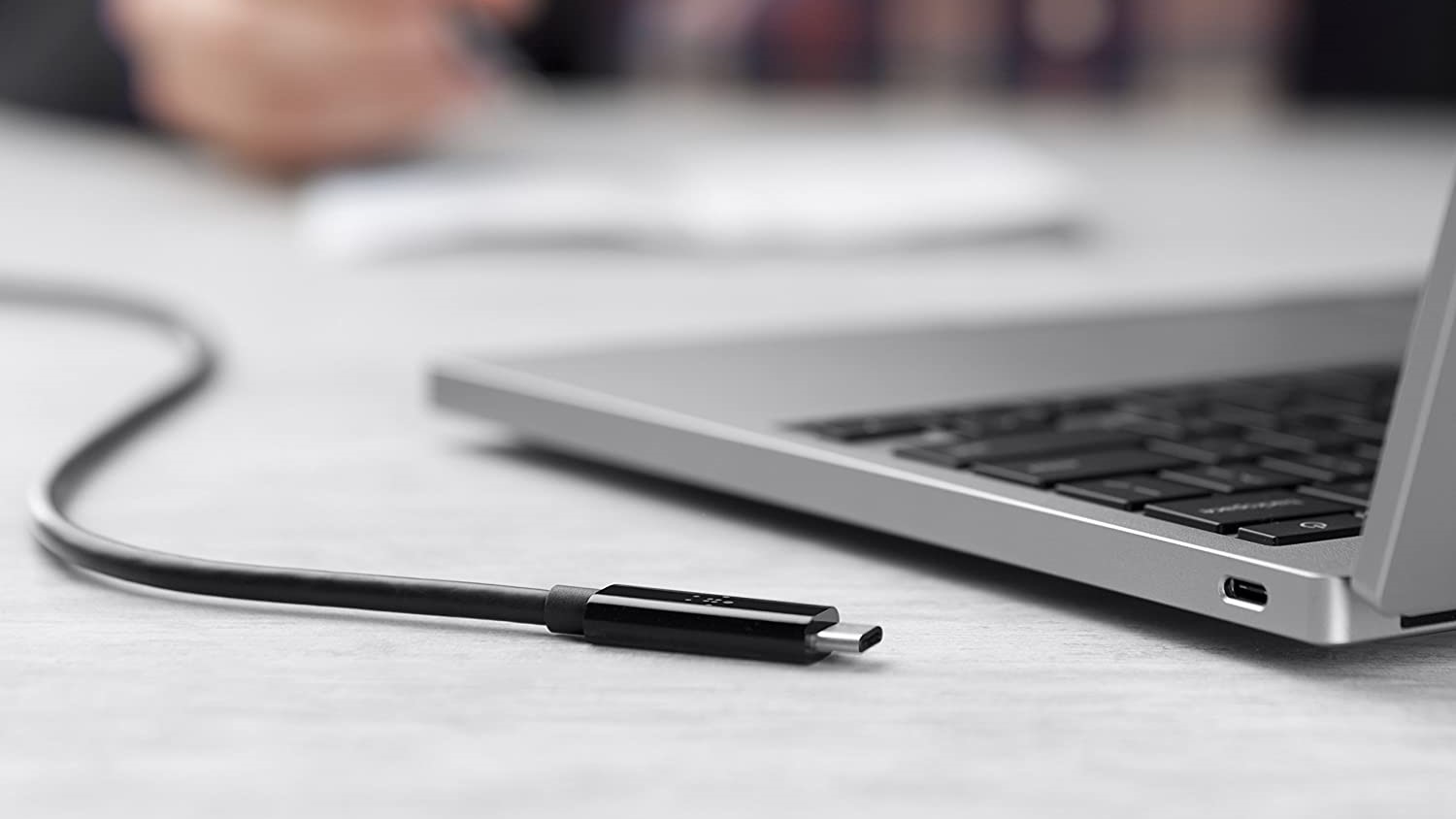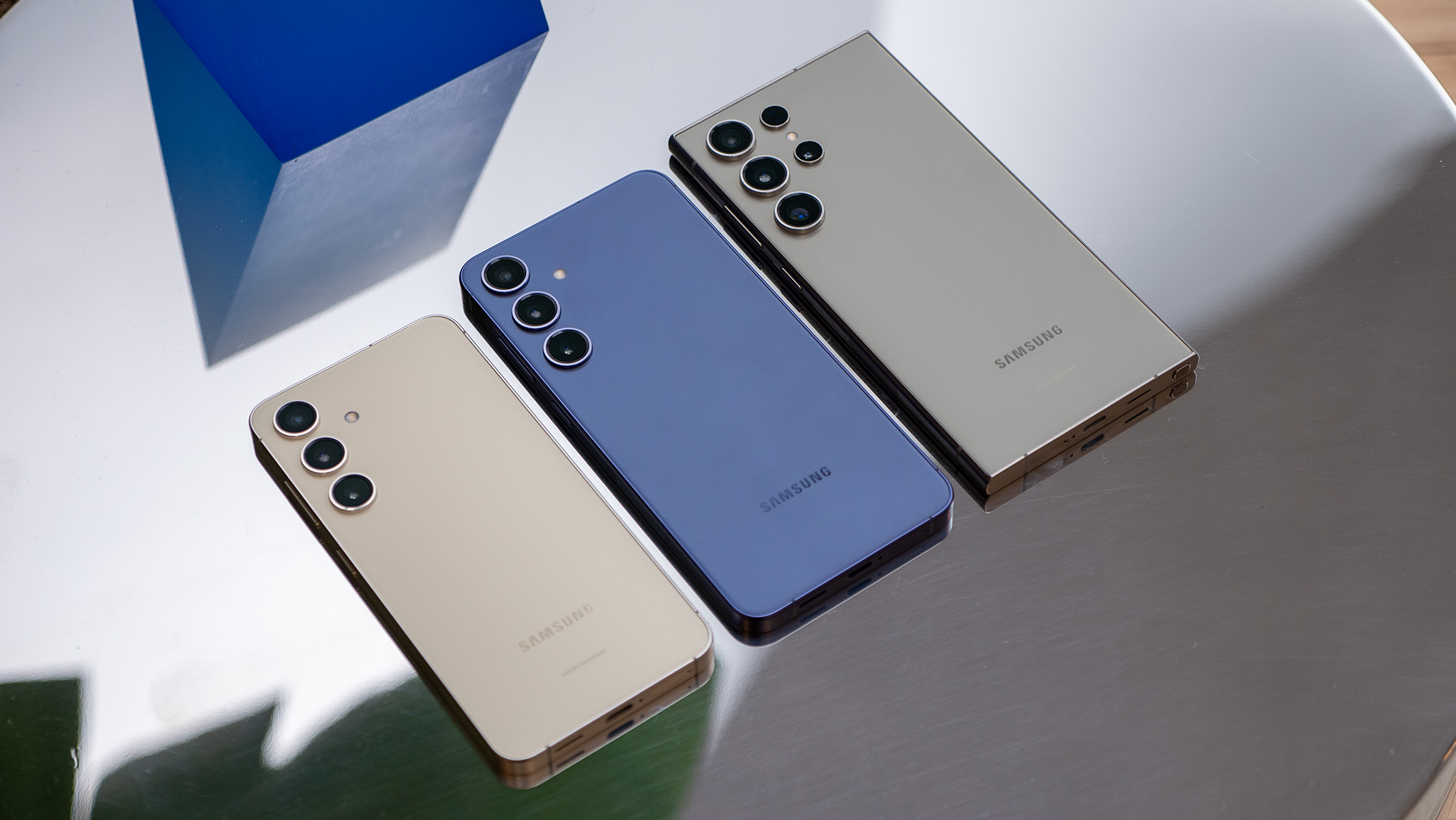USB 4 Version 2.0 will greatly improve some existing USB-C cables
Looks like the next-gen USB 4 version could support 80Gbps speeds.

What you need to know
- USB Promoter Group announces next-gen USB standard.
- USB 4 version 2.0 will support data speeds of up to 80Gbps, double the current standard.
- More details on the new USB compliance will be revealed this November.
Early last week, USB Promoter Group announced USB 4 Version 2.0, a significant update to the USB standard. The first gen was introduced in 2019 as a bit of an overhaul to the USB 3.2 and USB 2.0 architectures by doubling the speed and further incorporating Thunderbolt. Now, USB 4 Version 2.0 aims to double the speed again, with performance improvements coming to USB 3.2 as well.
The announcement of USB 4 Version 2.0 is an important update as it enables higher available bandwidths and up to 80Gbps of data performance through USB Type-C cables and ports, USB Promoter Group says in a press release. That's double the current top speed, which is 40Gbps. Alongside the USB Type-C, the USB Power Delivery (PD) specifications are being updated for "higher levels of data performance." However, further details on the specifications won't be published until November.
"Once again following USB tradition, this updated USB4 specification doubles data performance to deliver higher levels of functionality to the USB Type-C ecosystem," said Brad Saunders, USB Promoter Group Chairman, in a statement.
He further added that "solutions seeing the most benefit from this speed enhancement include higher-performance displays, storage, and USB-based hubs and docks."
One of the critical characteristics of the USB 4 Version 2.0 is its backward compatibility with USB versions, including the predecessor (USB 4 Version 1), USB 3.2 (found in the latest flagship Android phones like the Galaxy S22 Ultra), USB 2.0, and Thunderbolt 3.
For example, with USB 3.2, the group aims to exceed the current 20Gbps limit thanks to the increase in bandwidth. USB 4 will also support the latest updates to DisplayPort and PCIe specifications.
Another prominent feature is that users can still utilize their existing 40Gbps USB-C cables, which will somehow support the new 80Gbps speeds with the USB 4 update. This means you won't have to go out and purchase a new cable once it becomes available, which many users should appreciate and could theoretically help reduce waste.
Be an expert in 5 minutes
Get the latest news from Android Central, your trusted companion in the world of Android
The USB Promoter Group comprises companies like Apple, HP, Intel, and Microsoft, to name a few.

Vishnu is a freelance news writer for Android Central. Since 2018, he has written about consumer technology, especially smartphones, computers, and every other gizmo connected to the internet. When he is not at the keyboard, you can find him on a long drive or lounging on the couch binge-watching a crime series.
